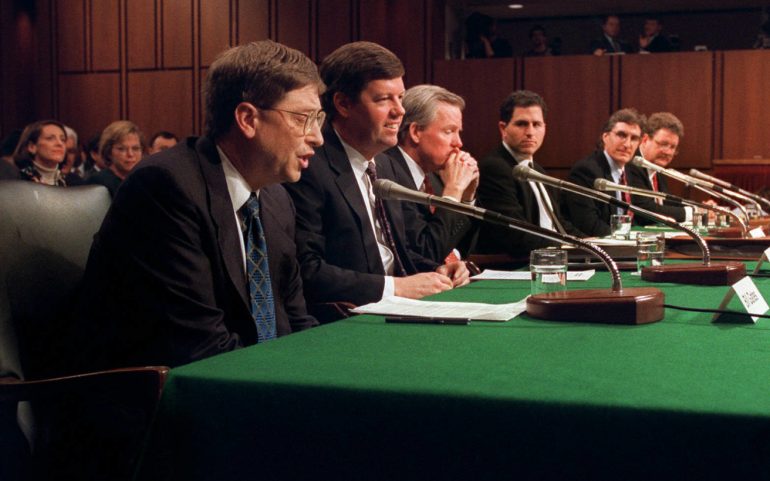Two decades ago, Bill Gates tried to crush any competition in the race for ultimate dominance in the world of computers and the Internet, only the US government had a different opinion.
Whatever would take place in the year of salvation 1998 would change the very course of technology and inevitably the course of humanity in the years to come.
And in 1998 the truth is a lot was done in terms of technology. An almost bankrupt company with no future has launched a special computer with an emphasis on the Internet: iMac was said by its inspirer, someone Steve Jobs. It was the machine that would not only save his Apple, but would eventually make it a colossus.
That same year, an innovative search engine called BackRub was officially launched with an even stranger name, Google they called her now. But an ever-growing e-bookstore decided to sell everything. It would be known as Amazon!
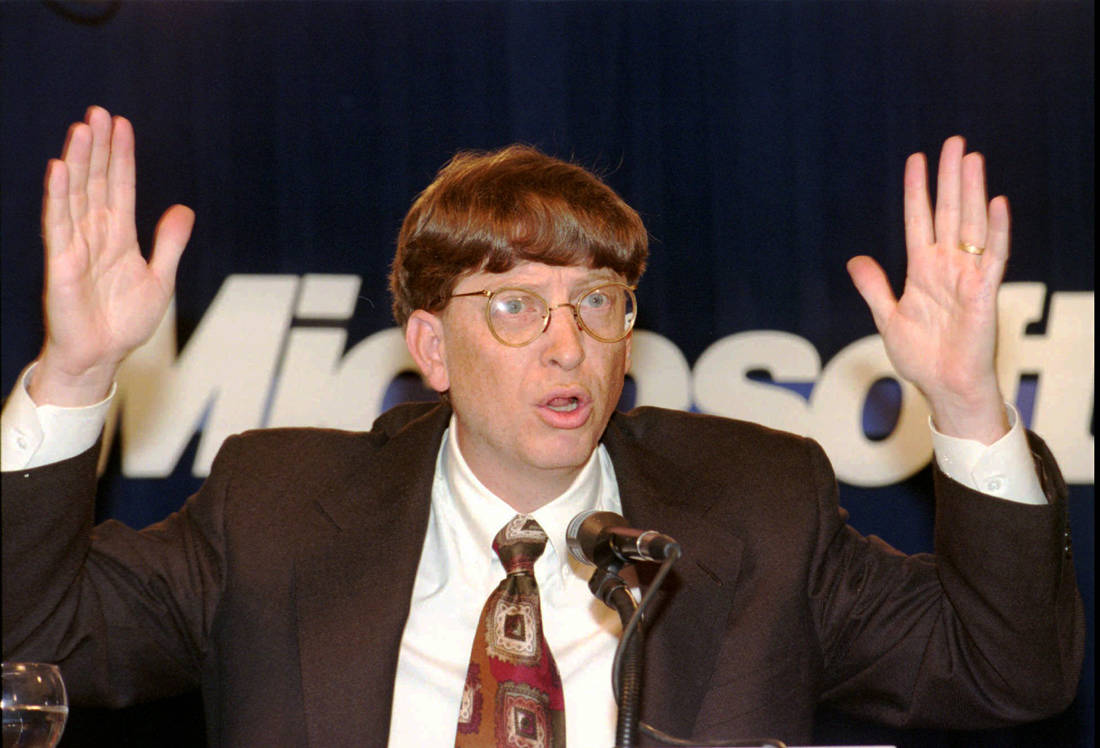
Despite the world-historical changes of the year, at that time it was nothing more than a simple grind in relation to the Enceladus that constantly vibrated the Silicon Valley and focused on the largest of the largest, the Microsoft boulder. On May 18 of that year, the US Department of Justice bored with the delays of its prosecuting authorities and took the case upon itself.
It was the big day, as they said, the end of a case that lasted for years: the ministry and 20 attorneys general USA filed an antitrust lawsuit against Bill Gates's company, accusing it of using its omnipotence to crack down on any competition.
The 23-year-old tech giant, who dominated the computer industry undisturbed with at least excessive zeal, was now slandered for using his incalculable power to hold his collaborators and rivals captive.
The biggest and most well-known victim of Microsoft, according to the lawsuit for violation of antitrust rules, was Netscape, one of the pioneers in the field of Internet browsers. Of course, he was not alone, as virtually everyone, from Apple to American Airlines, felt the huge octopus threat posed by Microsoft in the late 1990s, with its tentacles reaching virtually everything.
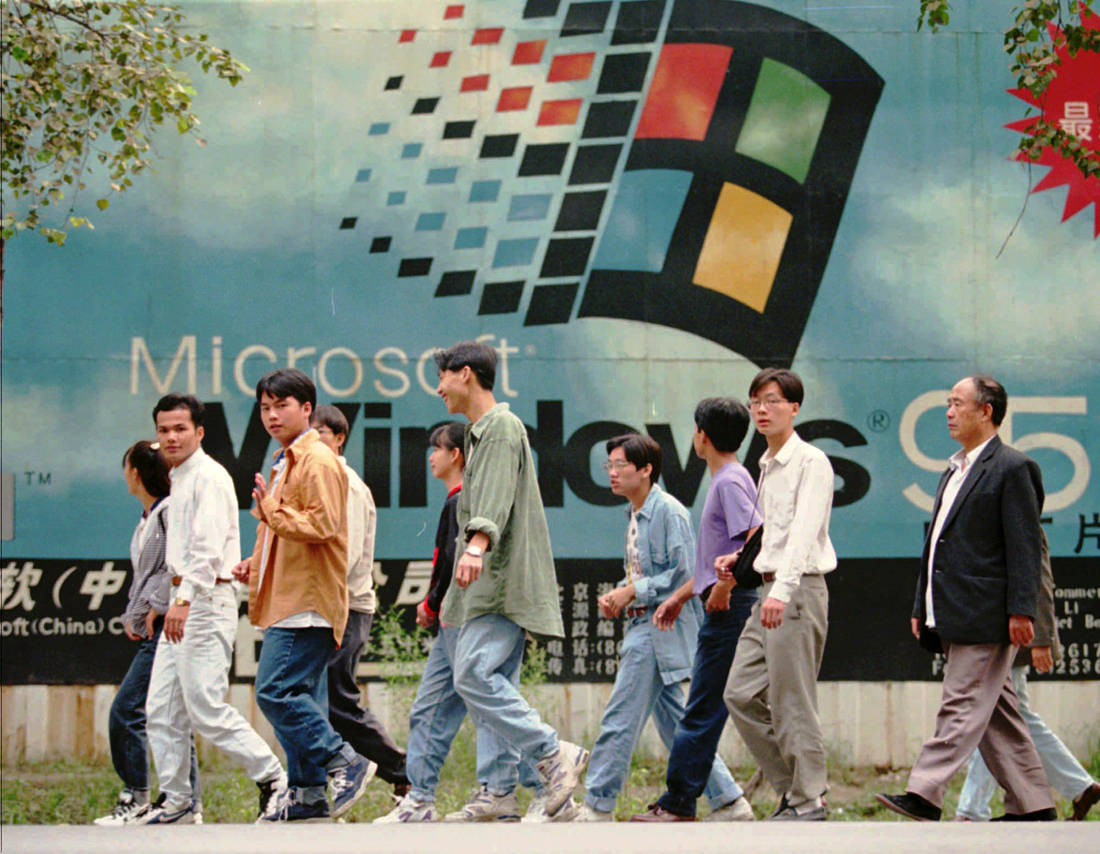
After all, it was already so big that it was characterized as the largest company in the USA and it did not hide its greatness, going so far as to parallel the electronic attacks against it with Pearl Harbor itself! But everything showed that the colossus would collapse, as if it were stepping on clay feet.
It was the court case that would seal not only an era, but also the very future of technology and business, something clearly bigger than its protagonists could handle.
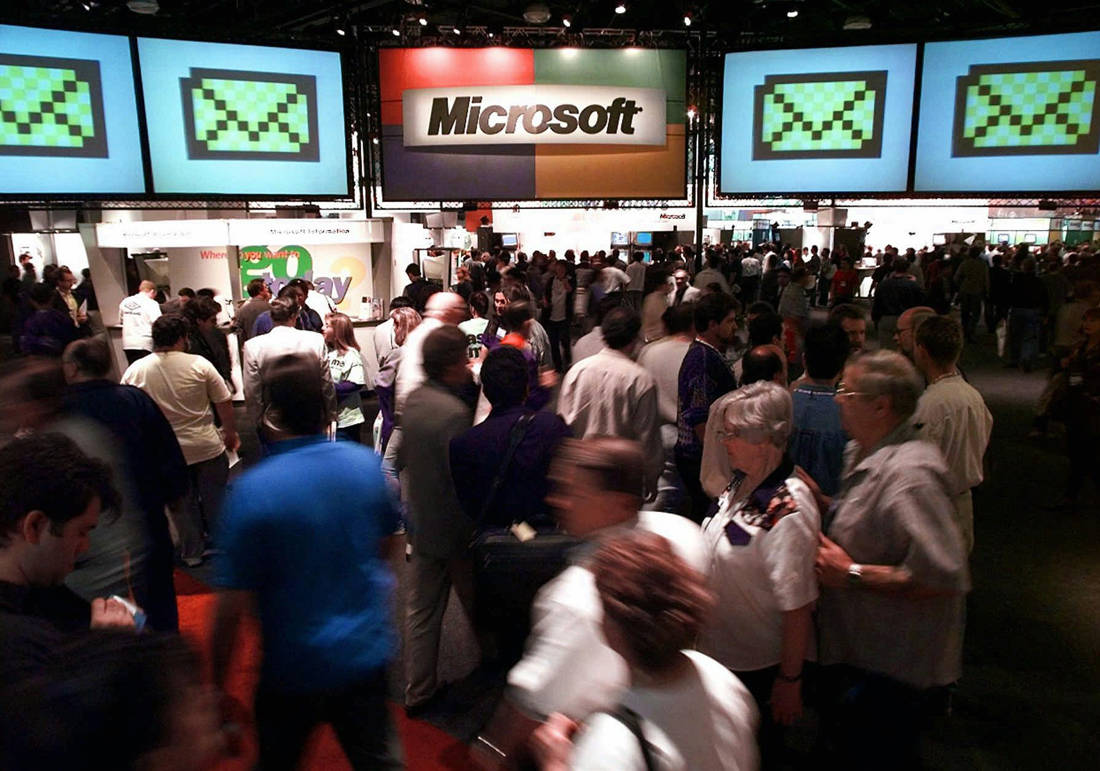
By the mid-1990s, Microsoft was universally dominant in the field of computers. Its operating system, Windows, ran on 90% of PCs worldwide, at the same time as the suite of applications Office was the essential tool in any work environment.
The Redmond-based giant in Washington cast its shadow over Silicon Valley and any attempt at innovation, until at least a thousand-song startup finds a way to bring the internet to the masses. The rise of Netscape, a technology pioneer that had received millions in funding, was now directly threatening Microsoft, or so Gates believed.
Only the fear was well-founded and had existential dimensions. Microsoft was concerned that the browser would outperform its operating system as the No. 1 way a user interacted with their computer. And she fell flat on her face at work developing her own browser, which she eventually called Internet Explorer, and now giving it away for free with Windows. Only he did not stay there.
Next phase, strategic planning of how to grab market share from Netscape. Gates did not believe in the internet and his future and was far behind in this race. So far back that it no longer made sense to try to overtake the competition. But he had to try to get rid of this little annoyance…
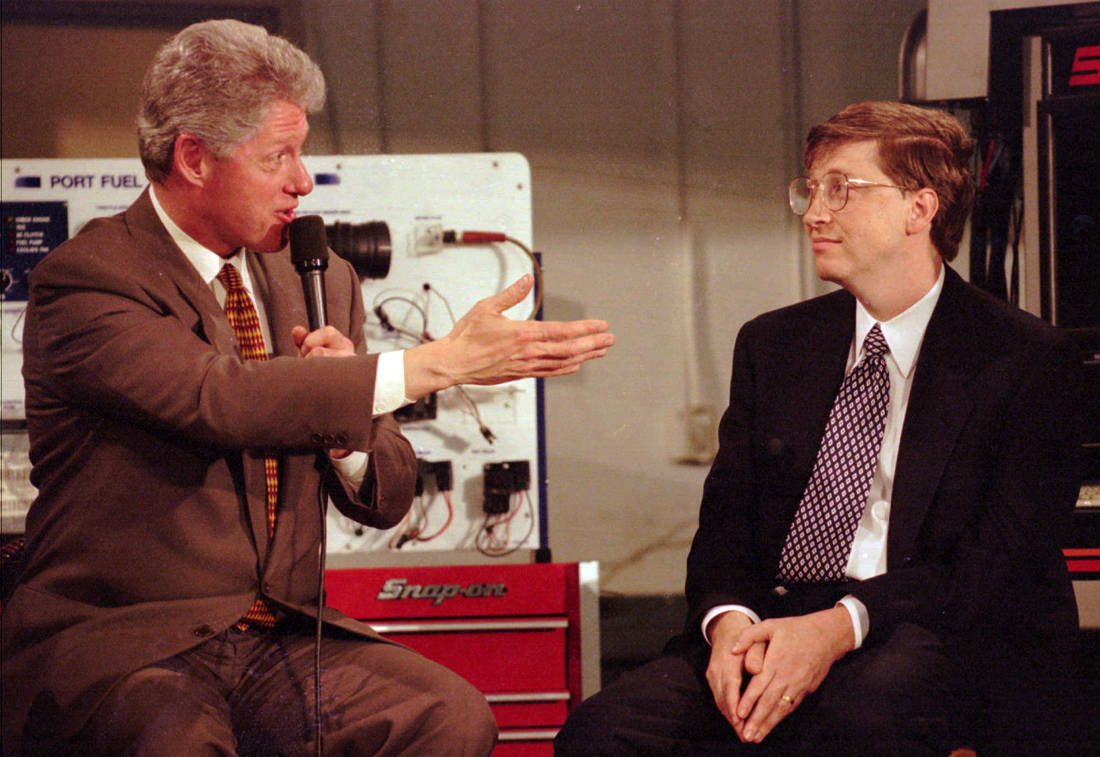
It is a fact that antitrust cases have been on the sidelines of the US judiciary for two decades before the Microsoft case. New economic theories and a number of conservative presidents had left such issues aside, as the free market would be self-regulating, as the model predicted, and would not require such extreme government intervention.
However, Clinton's entry into the political arena and the placement of her own administration in the Department of Justice changed the climate, especially since Netscape's active lawyers and their connections managed to bring to light a case that seemed out of date. Only modern was abandoned. A new bad guy had just been born.
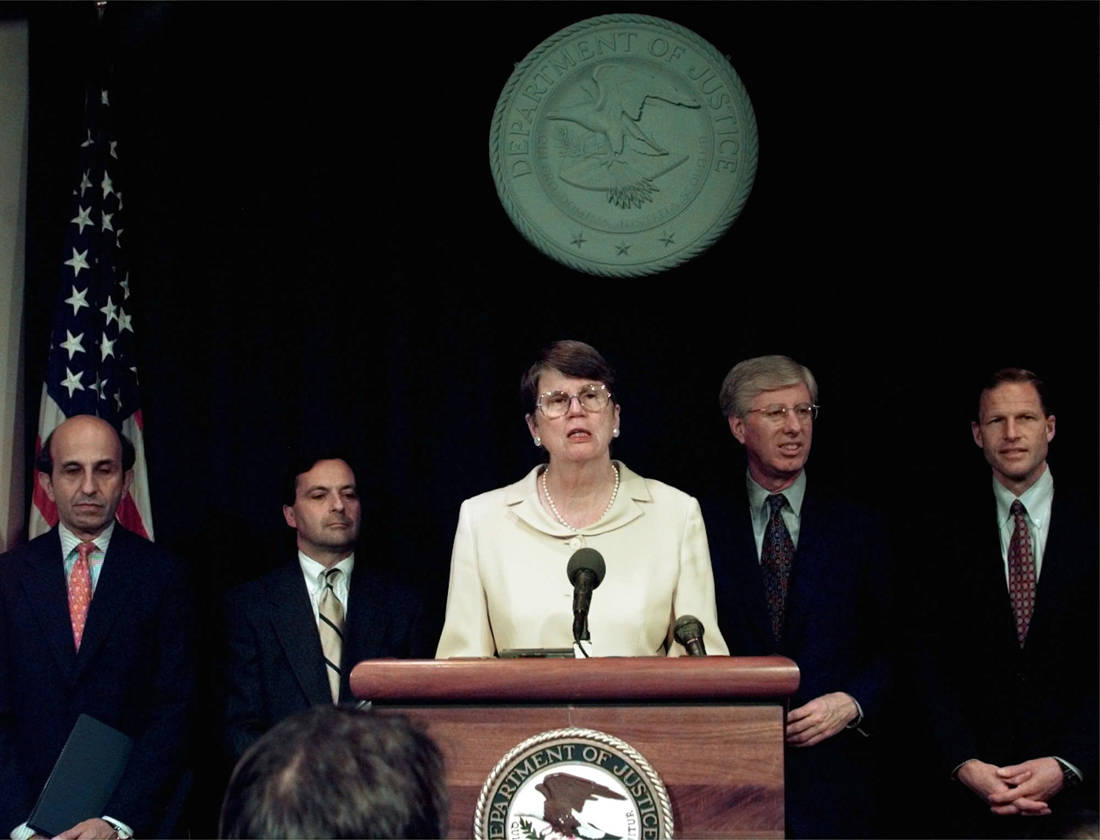
At that much-anticipated May 18, 1998, press conference, Attorney General Janet Reno accused Microsoft of "using its monopoly power to develop a noose that drowned out the browser software needed to access the Internet."
The same day, a Justice Department official and 20 U.S. attorneys filed a lawsuit against Microsoft. A few appeals and counterclaims after five months later, the case would reach the court, with his videotaped testimony Bill Gates to become a nationwide spectacle. Before it became global…
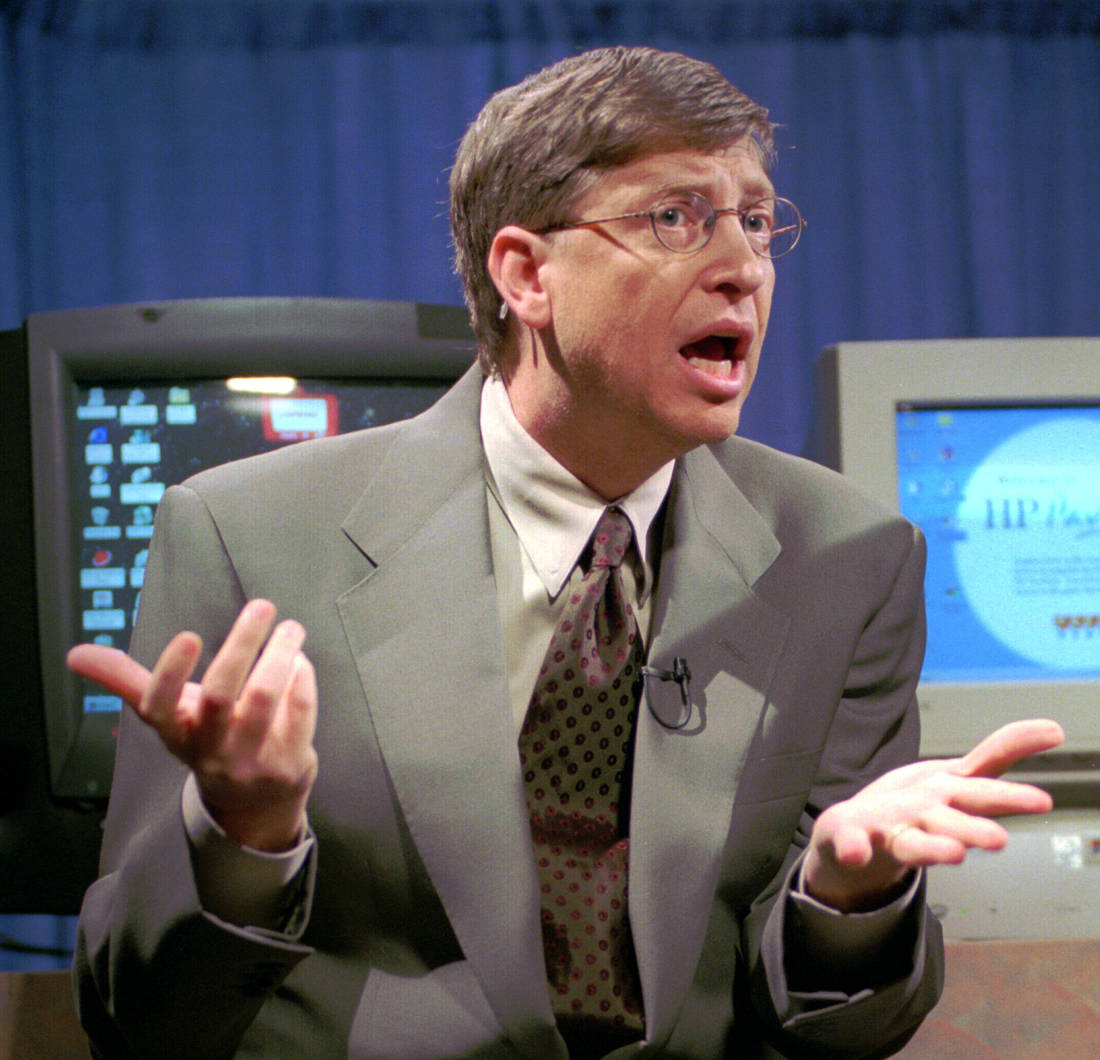
The Microsoft investigation was naturally adored by the press, which was not fed up with covering the issue with headlines and penetrating reports. And this mountain of anti-corporate allegations, from internal memos, emails and forged end papers (which would bring new legal adventures to high-ranking Microsoft executives), was butter in the bread of everyday news.
Leaving aside the comically tragic events that took place in that much-maligned trial, we come to November 1999, when Judge Thomas Penfield Jackson concluded that Microsoft had indeed used its omnipotence to harm not only the competition but also consumers. A number of emerging or already established companies, such as Apple Lossless Audio CODEC (ALAC),, Java, Netscape and Linux, to name just a few, had been shaken by the giant's manipulations.
An even greater shock than his verdict was the business world's basically court agreement in June 2000 on the government's proposal to split Microsoft into two separate companies so that it would not have the power to impose monopoly practices! This was the treatment that the government came up with in response to the appeal filed and lost by Microsoft.
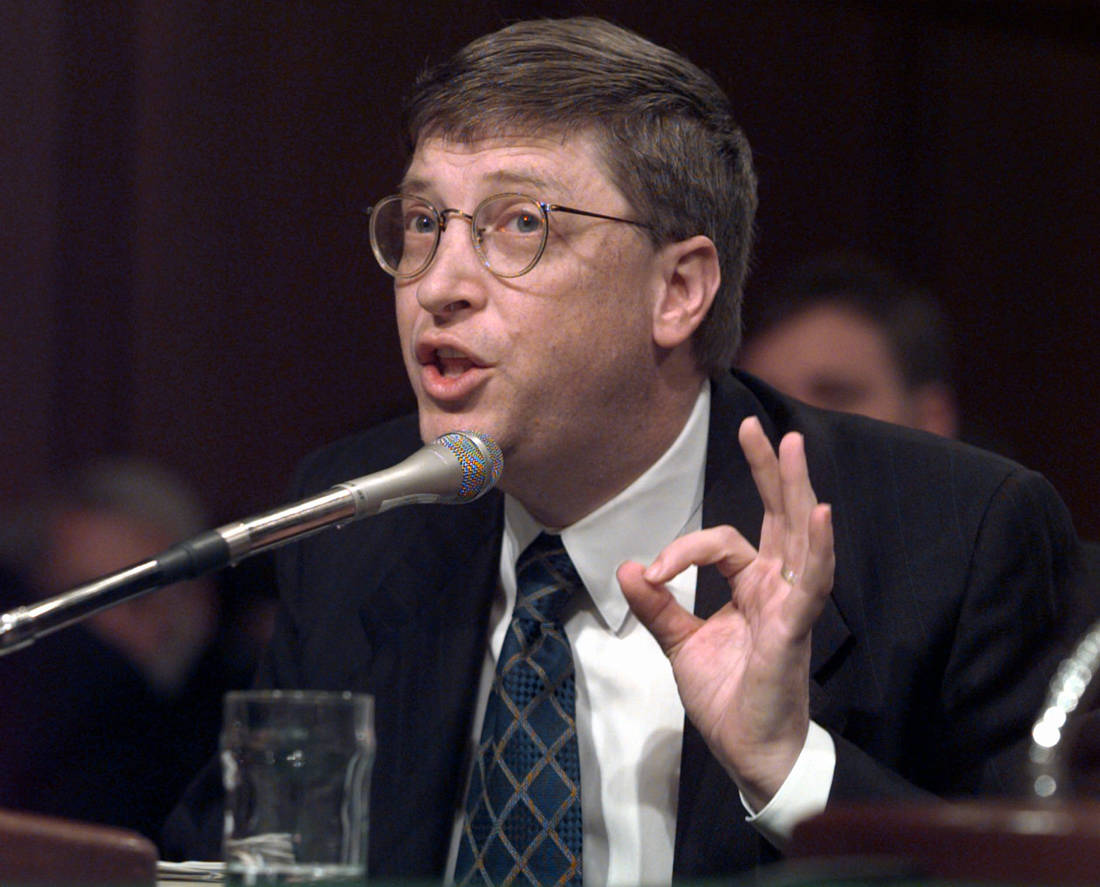
The Microsoft building was constantly shaken, but with it was shaken the whole business world, 90% of which ran its systems. The court ruled that the company should be split into two distinct divisions, one exclusively for its ubiquitous operating system and one for all its other products and software.
Bill Gates, already the richest man in the world, would have to wait another year to breathe a sigh of relief at the future of a company that Kozham Harvard had left to build: in June 2001, the appellate court disagreed with the government's handling. leaving Microsoft in its royal position.
"We continue to believe that we face significant competition every day and we must continually improve our products if we are to succeed," Microsoft said in a statement after the good news that it remained a single company.
A few months later, in November 2001, a compromise was reached between the two sides in the "USA v. Microsoft Corporation" case. The settlement forced the giant to share with third companies the technical specifications of its programs, so that they could make competing products.
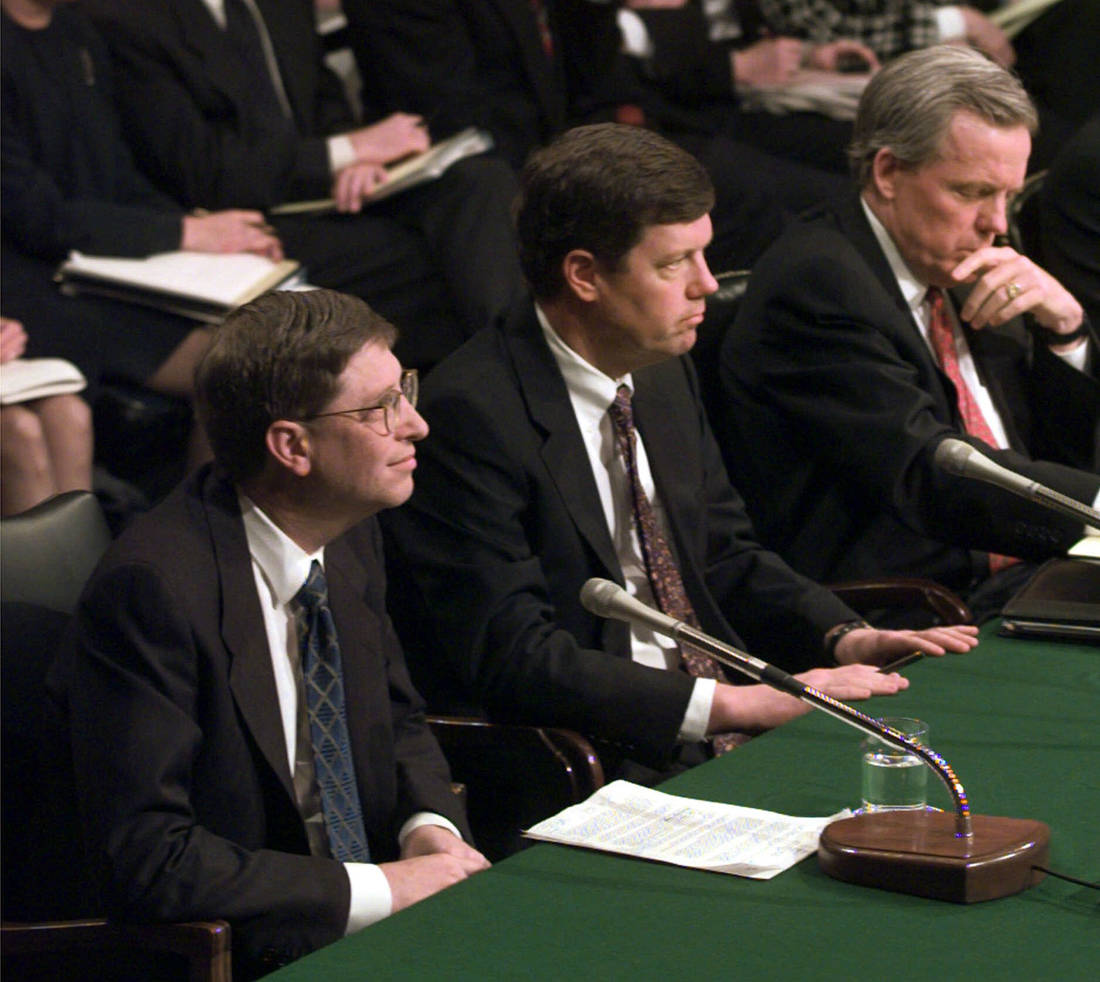
A tripartite committee has even been appointed to oversee Microsoft's compliance with the terms of the agreement, having full access to its systems, registers and even its seven-seal codes for the next five years. The compromise did not, however, force it to make any changes to its closed technical specifications, nor did it prevent it from tying its third-party products to the operating system, which was, after all, the great stake of the case itself.
And that was what led 9 states not to accept the agreement, through their attorney generals, believing that it did nothing to prevent monopoly practices in the future. The case was closed in June 2004, when the appellate court unanimously accepted the company's agreement with the Ministry of Justice, rejecting any objection to insufficient measures.
Microsoft's legal obligations expired in November 2007 and he could continue what he knew he was doing well. He even offered to voluntarily extend the restrictive clauses for another 2 years, making it clear that all this was of little importance anymore.
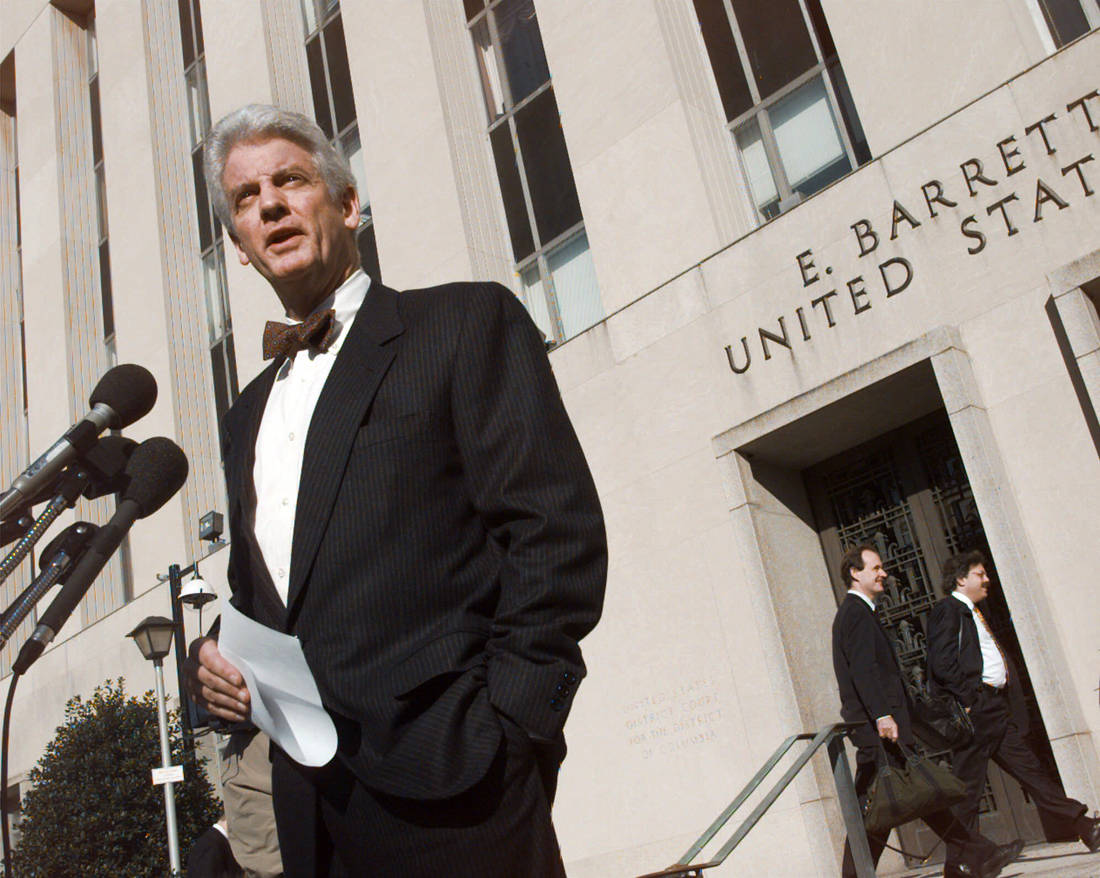
If the US vs. Microsoft Corporation case did one thing, it was doomed to not break the big tech companies in two. However, restrictions on including Internet Explorer in Windows allowed competition to breathe, making browsers like Netscape and Firefox, say, competing with PCs running Gates' Windows.
With the same decision, a number of other companies were able to stand tall. Today we know them as Apple and Google, but also subsequent experiments like Facebook. Google would not be Google if Microsoft continued to dominate its own search engine (Bing), nor Facebook would become Facebook if Microsoft's Myspace became the main social network as it wished.
The unequal battle with the colossus and the fight with the monopoly essentially ended in the aftermath of this trial. Only twenty years later, the companies that benefited from the settlement are now the ones being checked for bad practices, scandals and deals under the table. And now they use the exact same rhetoric of Microsoft to defend themselves, that regulatory rules in technology limit their levels of innovation!
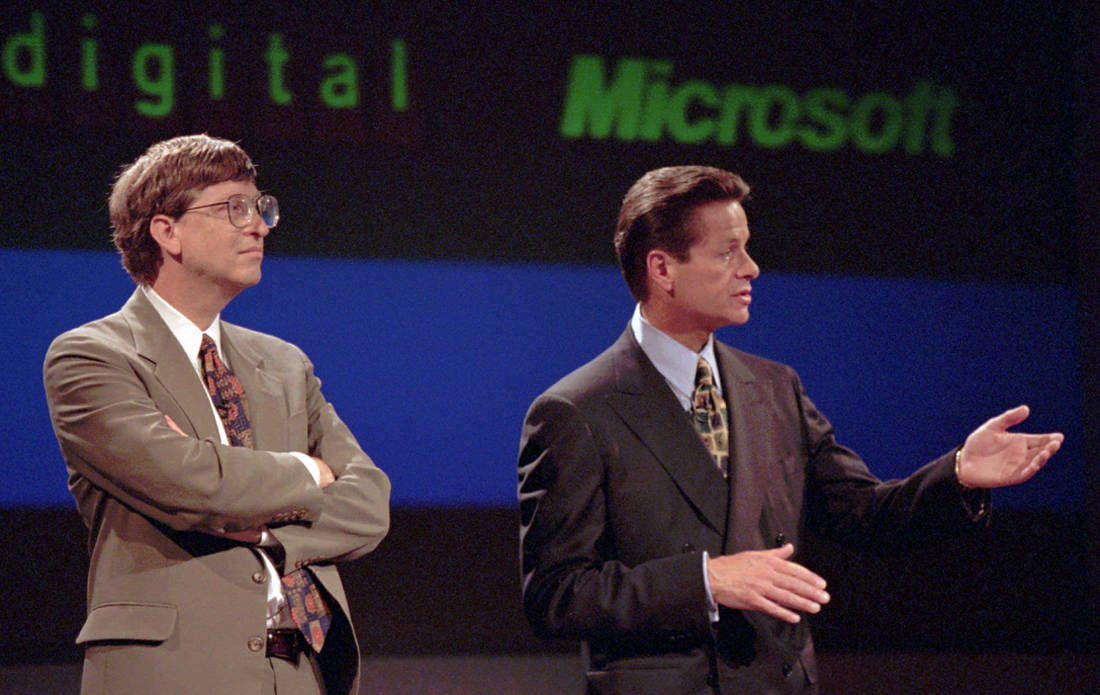
Google recently paid a $ 2,7 billion fine in the European Union because its search engine discriminated in favor of its own Google Shopping. But also the CEO of Facebook, Mark Zuckerberg, did he not appear before Congress apologizing for the scandal that rocked the social media space?
As for Microsoft itself, it was most favored in one of the last, before its own, antitrust cases, this time against IBM in the late 1980s.
Wheel is and turns in Silicon Valley and is who will just be on the wrong side every time. A Silicon Valley that was once a true Wild West, where the fastest gunman prevailed in a state of complete lawlessness…
